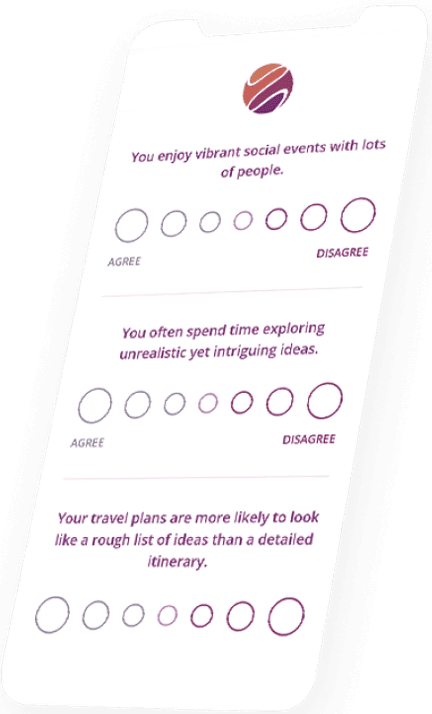

Our Doctors
Kaitlyn Vizziello

Have questions?
Ask our experts.
Meet Kaitlyn Vizziello
Licensed Social Worker
Kaitlyn is a child, adolescent and young adult therapist who is licensed in both Connecticut and New York. Kaitlyn received her master’s degree from the University of Saint Joseph and completed her clinical training in school-based counseling, child welfare advocacy and in direct clinical practices throughout Connecticut. Kaitlyn also serves as a certified court-appointed Guardian ad Litem.
Kaitlyn’s goal is to go beyond the diagnoses to determine the underlying clinical and cognitive processes that impact functioning. She assures her clinical practice is tailored directly to the individual needs of the patient. Kaitlyn specializes in treating anxiety, depression, obsessive compulsive disorder (OCD), perfectionism, peer relationships, Attention Deficit Hyperactivity Disorder (ADHD) and Autism Spectrum Disorder (ASD). Kaitlyn’s clinical strength derives in her ability to connect with those she works with. She invests with her heart and is guided by her knowledge.
Kaitlyn’s approach is centered on empirically supported treatment modalities such as Psychotherapy, Cognitive Behavioral Therapy (CBT), Internal Family Systems (IFS), Play Therapy, Strength Based, Exposure Response Prevention (ERP), and Parent-Child Interaction Therapy (PCIT). She provides skills training focusing on the core skills of mindfulness, distress tolerance, emotion regulation, and interpersonal effectiveness.
Above all, Kaitlyn is a down-to-earth, compassionate, and non-judgmental therapist who uses a solution-focused, strengths-based approach to help clients work through their challenges and live a life they love. Clients often see a reduction of symptoms early on in treatment.
AFFILIATIONS
- Member of the National Association of Social Work (NASW)
- Associate of the Connecticut Psychology Association (CPA)
Affiliations
Take the GPG Symptom Checker
At Greenwich Psychology Group, our symptom checker helps clients track their symptoms of depression or anxiety. Taking the assessment doesn't provide a formal diagnosis, but it can help you determine what next steps you may need to take. The evaluation uses a series of questions to review the feelings and symptoms you've experienced over the past two weeks. The results will help you distinguish if professional help is the best next step.
BeginLatest Topics
Blog Articles
Most recent publications, interviews, blogs, and tips.



Book a Consultation
Hours of Operation
Mon – Sat: 8am to 8pm
Office Address
15 Valley Drive 1st Floor
Greenwich, CT 06831






